TRUST ME,
I KNOW
WHAT
IM DOING
BERKLEY BOOKS BY BILL FAWCETT
100 Mistakes That Changed History
Trust Me, I Know What Im Doing
TRUST ME,
I KNOW
WHAT
IM DOING
100 More Mistakes That Lost Elections,
Ended Empires, and Made the World
What It Is Today
BILL FAWCETT

Berkley Books, New York
THE BERKLEY PUBLISHING GROUP
Published by the Penguin Group
Penguin Group (USA) Inc.
375 Hudson Street, New York, New York 10014, USA
Penguin Group (Canada), 90 Eglinton Avenue East, Suite 700, Toronto, Ontario M4P 2Y3, Canada (a division of Pearson Penguin Canada Inc.) Penguin Books Ltd., 80 Strand, London WC2R 0RL, England Penguin Ireland, 25 St. Stephens Green, Dublin 2, Ireland (a division of Penguin Books Ltd.) Penguin Group (Australia), 707 Collins Street, Melbourne, Victoria 3008, Australia (a division of Pearson Australia Group Pty. Ltd.) Penguin Books India Pvt. Ltd., 11 Community Centre, Panchsheel Park, New Delhi110 017, India Penguin Group (NZ), 67 Apollo Drive, Rosedale, Auckland 0632, New Zealand (a division of Pearson New Zealand Ltd.) Penguin Books, Rosebank Office Park, 181 Jan Smuts Avenue, Parktown North 2193, South Africa Penguin China, B7 Jaiming Center, 27 East Third Ring Road North, Chaoyang District, Beijing 100020, China
Penguin Books Ltd., Registered Offices: 80 Strand, London WC2R 0RL, England
This is an original publication of The Berkley Publishing Group.
The publisher does not have any control over and does not assume any responsibility for author or third-party websites or their content.
Copyright 2012 by Bill Fawcett & Associates Inc.
Interior maps created by David Cherry. Maps copyright 2012 by Bill Fawcett & Associates Inc.
Cover illustrations by Dave Hopkins / American Artists.
Cover design by Danielle Abbiate.
All rights reserved.
No part of this book may be reproduced, scanned, or distributed in any printed or electronic form without permission. Please do not participate in or encourage piracy of copyrighted materials in violation of the authors rights. Purchase only authorized editions.
BERKLEY is a registered trademark of Penguin Group (USA) Inc.
The B design is a trademark of Penguin Group (USA) Inc.
PUBLISHING HISTORY
Berkley trade paperback edition / December 2012
eBook ISBN: 978-1-101-61352-8
Library of Congress Cataloging-in-Publication Data
Fawcett, Bill.
Trust me, I know what Im doing : 100 more mistakes that lost elections, ended empires, and made the world what it is today / Bill Fawcett.
p. cm.
ISBN: 978-0-425-25736-4
1. HistoryMiscellanea. 2. HistoryErrors, inventions, etc. I. Title.
D10.F37 2012
909dc23
2012025593
Most Berkley Books are available at special quantity discounts for bulk purchases for sales promotions, premiums, fund-raising, or educational use. Special books, or book excerpts, can also be created to fit specific needs. For details, write: Special Markets, The Berkley Publishing Group, 375 Hudson Street, New York, New York 10014.

To Susan Allison
INTRODUCTION
H ere you have the story of some of the worlds most powerful men making absolutely horrible decisions and obvious mistakes. Any good cynic will immediately ask how to narrow the choices down to just one hundred through all of history. Certainly there were a lot of mistakes to choose from. Those included here are some of the most interesting and outrageous errors that generals, kings, and presidents have made. Some dramatically changed everything, some are fun to read about, and many will make you marvel that they happened at all. These mistakes, bad decisions, and the occasional scandal all affected how you live your life today. When we look at the past, it becomes obvious that the march of history is often a stumble. How you live, work, and love today are as much the result of mistakes as they are the result of some brilliant plans or an inspired leaders guidance. Take a good look around, and then read the headlines. Really, did you think things got this way on purpose?

LOSING IT ALL
Immortality
259 BCE, CHINA

I n a look at the mistakes and failures of leaders all through history it seems appropriate to begin with a man who changed half the world but failed himself and his dynasty. Most certainly, the young prince Ying Zheng became the most successful ruler of his time, yet he ended his reign as perhaps the greatest failure.
Qin Shi Huang is often called the first emperor of China. In fact, that is what he called himself, and it is the literal translation of his name and title, Qin Shi Huang (pronounced chin shuh huang). In the West, Qin is often phonetically spelled Chin, as in China. This is not because he was the first person to rule a large part of China. For generations before Qin Shi Huang was born, northern China was controlled by the Zhou dynasty. But the Zhou were merely the most dominant of many, almost independent, warlords. Qin Shi Huang became something new and different.
Empires had risen in China where two or more of the many warring states had been conquered for a few years or even a few generations. For almost three centuries before the rise of Qin Shi Huang, the nations of China were simply, and appropriately, referred to as the warring states. These nations were Qi, Wei, Yan, Zhao, Han, Chu, and Qin. By the time Qin Shi Huang took the throne, the last remnants of Zhou control over the seven feudal nations were gone, and warfare among them was common. His era was also the time period that gave rise to the study and science of war, including Sun Tzus famous book The Art ofWar.
So if there were earlier emperors, why is Qin Shi Huang universally recognized as being the first emperor of China? The eastern Zhou and those others who had tried to dominate the heartland of China had ruled through the local nobles and princes. The earlier emperors were basically just the most dominant feudal lords, controlling, through the local lords, various parts of China. Qin Shi Huang took a different route and became the ruler of something that was new at the time. The empire he created was not just another collection of feudal loyalties; Qin Shi Huang instead created a centralized administration and culturally uniform state. Qin Shi Huang was the first emperor of China as we think of that nation today. He may have failed in many ways, but he left behind a land with awareness of its unique and shared identity.
While the young Qin Shi Huang did begin his life as a prince, his early years were hardly idyllic. To begin with, the young prince Ying Zheng was likely not his fathers child. His mother may have originally been the wife of, or was at least the lover of, a rich merchant named L Buwei. This merchant had also become the friend of a young Qin prince. When Zhoa Ji became pregnant, L arranged for her to become the princes concubine. In 259 BCE , she gave birth in Hanan to Ying Zheng, whom the prince believed to be his own son.

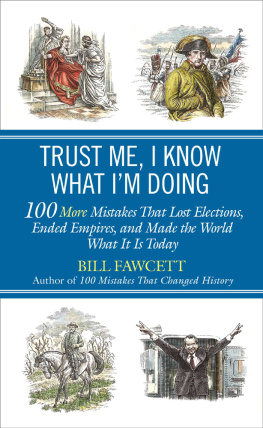
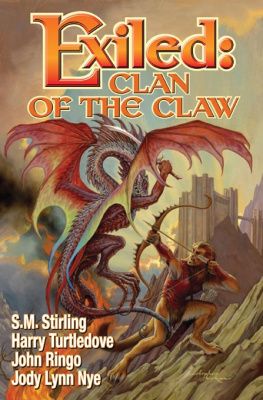
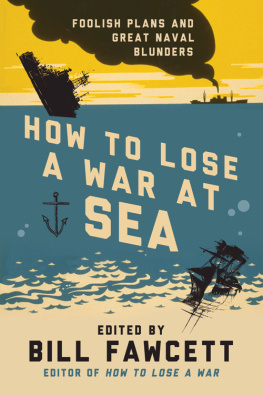
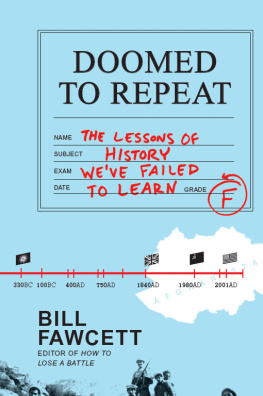
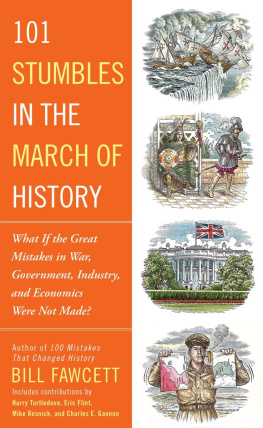
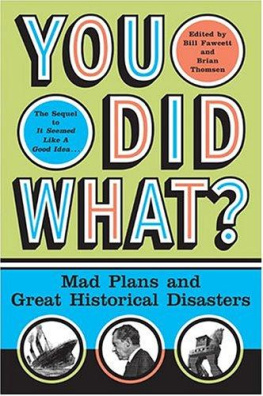



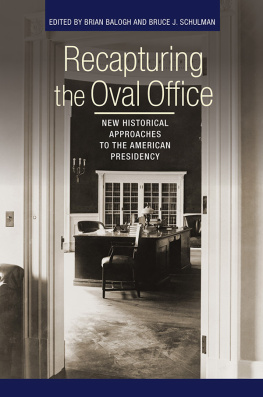
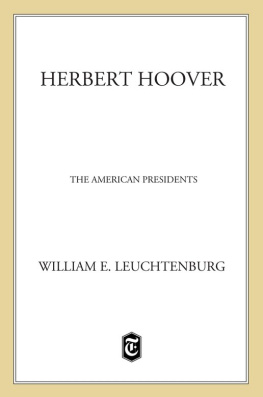

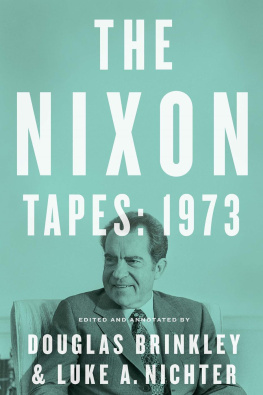
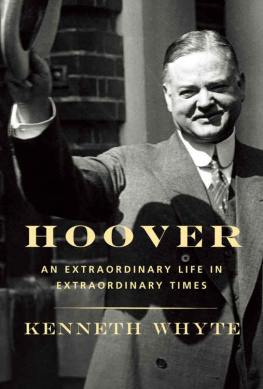
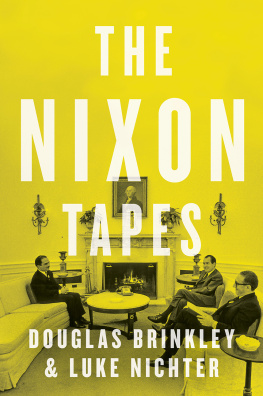
![Fawcett - How to lose the Civil War : [military mistakes of the War between the States]](/uploads/posts/book/92687/thumbs/fawcett-how-to-lose-the-civil-war-military.jpg)



